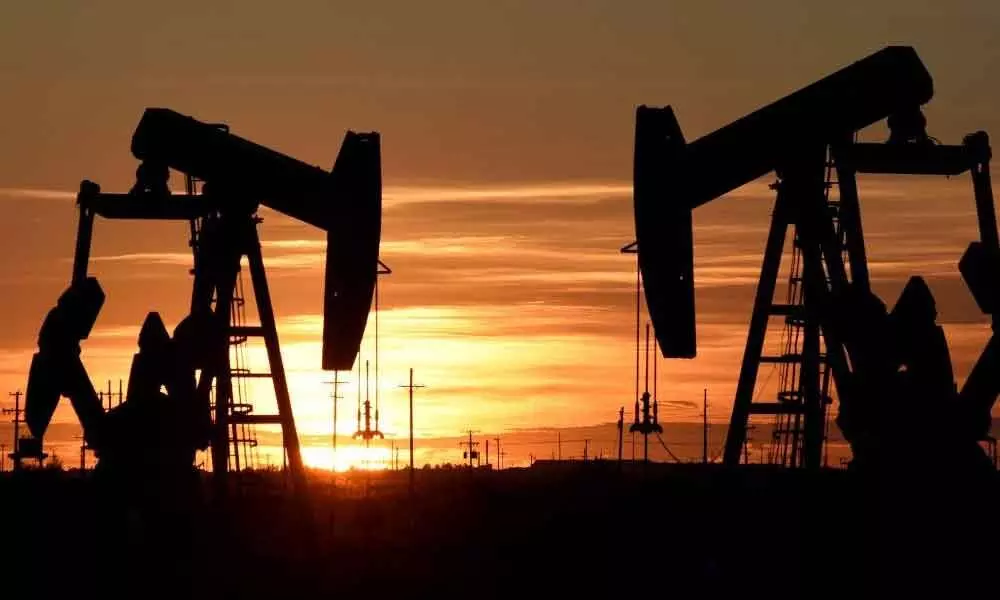Why oil market bulls are right about summer?
New York City is reopening and planning a big ad campaign to attract visitors; Londoners are getting out; All means a big boost for oil demand
image for illustrative purpose

Could this be the moment when the oil market sustainably turns the corner? There are many reasons for hope.
The US, the UK and parts of Europe are opening back up, buoying hopes for a bumper summer for holidays and maybe even overseas travel. New York City is reopening and it plans a big ad campaign to attract visitors, both domestic and foreign. Londoners are getting out and about again, with hopes that sporting and cultural events will soon resume in front of live audiences.
That all means a big boost for oil demand - as long as things pan out that way.
People are taking to their cars in droves as restrictions ease, using them in favour of public transport to reduce the risk of infection. US drivers are using more gasoline than at any time since the virus hit and demand is within 5 per cent of the pre-pandemic five-year average for this time of year. Profits from making the fuel are near seasonal five-year highs and are expected to stay strong as the Northern Hemisphere heads into its summer driving season.
This is undoubtedly good news, and has helped to push oil forecasts to new highs: Citigroup Inc. is suggesting demand could reach a record 101.5 million barrels a day this summer, while Goldman Sachs Group Inc. has raised its price forecast to $80 a barrel amid the biggest-ever jump in demand. Brent crude hasn't been that high in two and a half years.
But opening up cities and venues is one thing, getting people to them is another. New York will undoubtedly thrive on US visitors, but it may attract fewer overseas guests if other parts of the world don't show similar progress in bringing down Covid-19 infection rates.
And unfortunately, not all national vaccine campaigns are equal. While the US and UK have administered enough shots to protect more than one-third of their populations, according to Bloomberg's vaccine tracker, they are in a very small group of countries that have reached that milestone. In Europe and Canada, inoculation rates are roughly half that level. Other parts of the world lag even further behind, and many will truly struggle to catch up without much more help from rich nations. That poses some challenges to getting the economies of even the high-uptake countries firing on all cylinders again. The virus is still raging in many places including India, which is suffering a truly awful surge in coronavirus cases. In 2019, tourism from India saw 1.5 million people visit the US, generating an income for the country of $15 billion, according to the Department of Commerce. Restrictions on international travel remain in place across much of the world. But that is starting to change. The UK government could publish a so-called Green List of countries from which people will be able to travel to Britain without quarantine as early as this week, although the easing wouldn't come into effect until mid-May, at the earliest. But while travellers from the US, for example, might be able to visit London, Brits won't necessarily be able to fly to New York or the Florida theme parks, unless the US government eases its own restrictions.
The possibility of importing mutated virus strains will remain a worry for officials, while the additional protocols imposed at airports before people can board planes or pass through immigration controls may limit people's enthusiasm for flying - or be downright prohibitive. Passengers from UK Green List countries will still need a negative Covid test before traveling and be required to take a second within two days of arriving. The tests aren't cheap. A family of four could face an additional bill of around 500 pounds ($690) for post-arrival tests. (Bloomberg)

